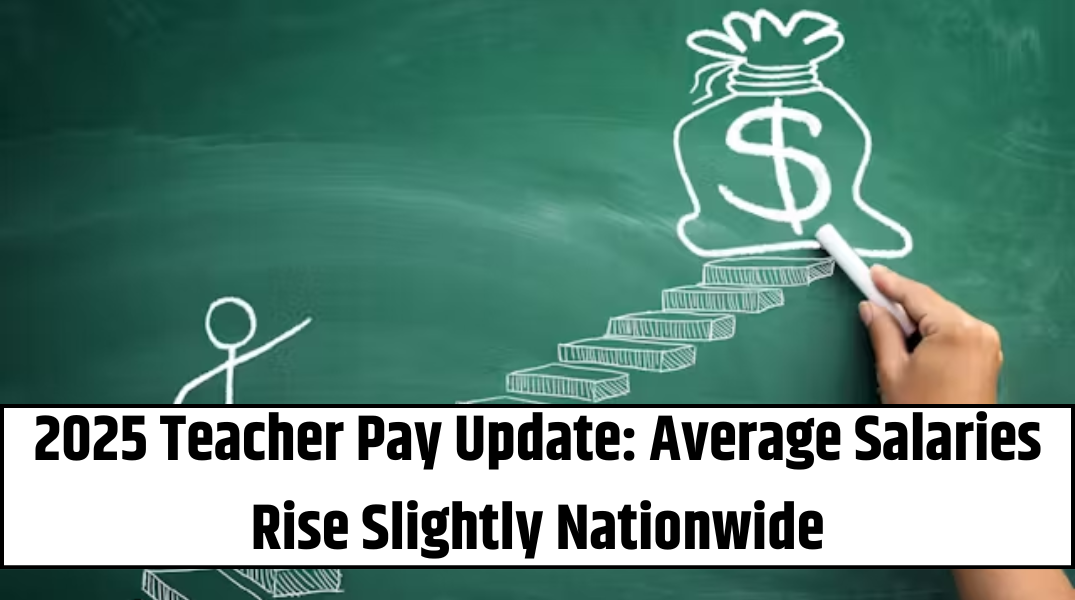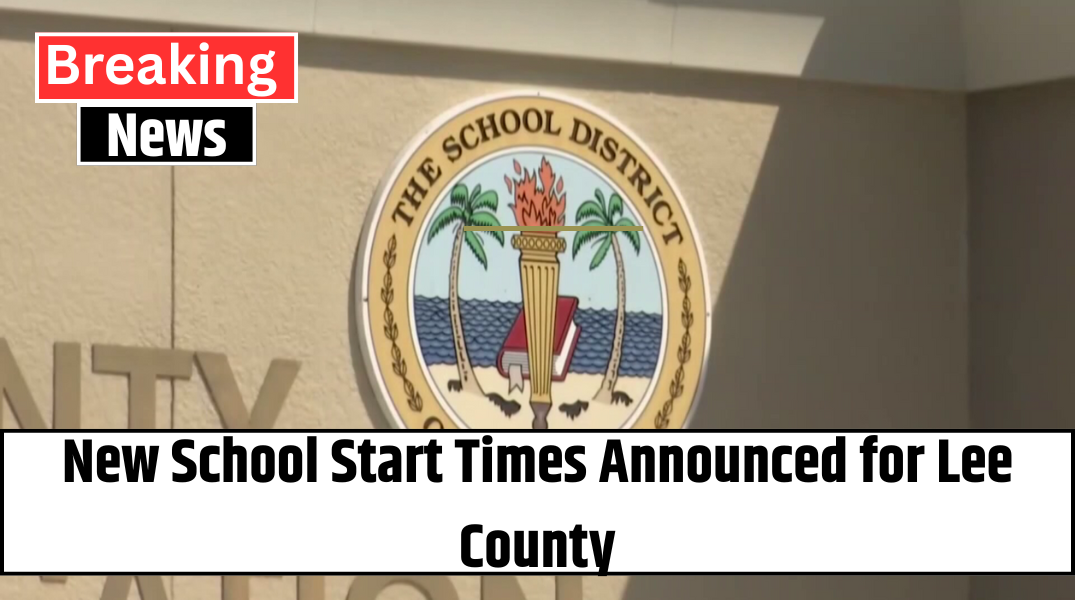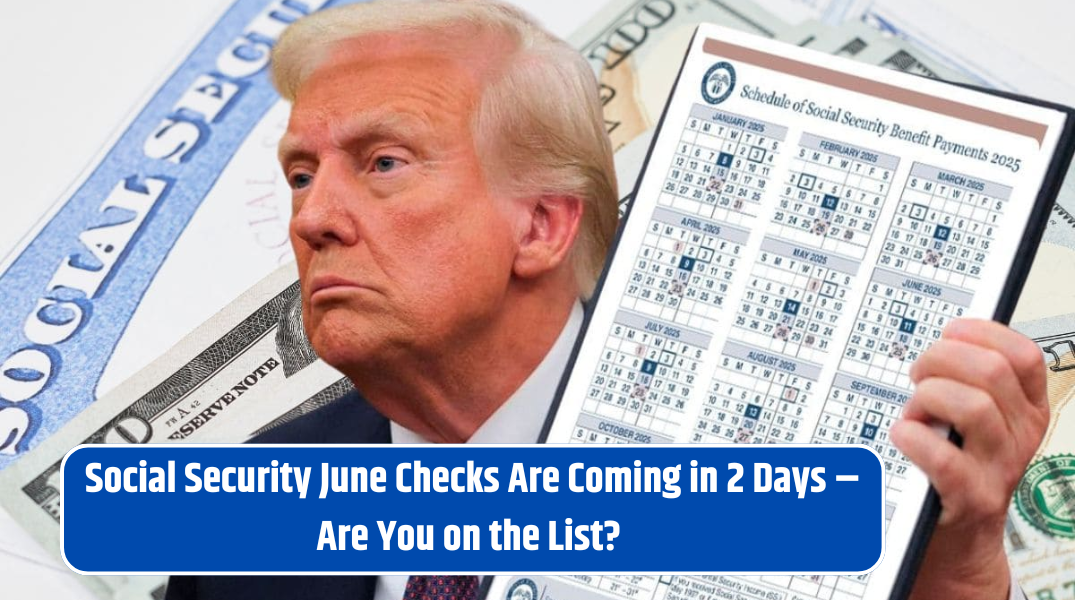Teacher paychecks keep inching upward, yet most educators still feel their wallets thinning once inflation is factored in, according to the National Education Association’s latest salary review.
The Big Picture
-
Average U.S. Teacher Salary (2024-25): $74,177
Up 3 percent from last year—the single-largest jump in a decade. -
Ten-Year Trend: Nominal salaries are 27 percent higher than in 2015-16, but real purchasing power is 5.1 percent lower once inflation is considered.
-
Starting Salary: The nationwide average for a first-year teacher is $46,526—yet that figure is still roughly $3,700 below the 2008-09 level when adjusted for today’s dollars.
Where Pay Soars … and Sinks
| Rank | Highest Average Pay | 2024-25 Estimate | Lowest Average Pay | 2024-25 Estimate |
|---|---|---|---|---|
| 1️⃣ | California | $103,379 | Mississippi | $55,086 |
| 2️⃣ | New York | $96,845 | Florida | $56,902 |
| 3️⃣ | District of Columbia | $93,410 | Louisiana | $57,015 |
Fun fact: Ninety-six percent of all U.S. school districts where teachers earn $100,000 or more are in states that guarantee collective-bargaining rights.
Also Read – What School Leaders Discovered from Talking to Families About Absenteeism
Collective Bargaining Makes a Difference
Teachers in states that allow collective bargaining earn, on average, 24 percent more than peers in “right-to-work” states where union negotiations over pay are restricted or prohibited.
State Spotlights
-
New Mexico vaulted from 39th to 7th in starting salaries—and from 49th to 21st in overall pay—after a 2022 wage overhaul and an additional $5,000 boost to minimum salaries this spring. Average pay now sits at $69,736, a double-digit leap since 2015-16.
-
Delaware, Maine, and the District of Columbia posted the largest single-year jumps, thanks to new contracts and state-level funding infusions.
Inflation’s Silent Tax
Although the 3 percent national bump is welcome, it lags behind the roughly 4 percent inflation rate teachers have faced over the past year. Translation: many educators will feel poorer despite a nominal raise.
Also Read – Is Memorizing Math Algorithms Harmful to Learning? Here’s What Experts Say
Political Crosscurrents
NEA President Becky Pringle hailed union-led gains but warned that impending federal budget cuts could “undercut hard-won progress.” (The union specifically criticized the Trump administration’s proposed K-12 spending plan, though final appropriations remain uncertain.)
Why It Matters
Competitive salaries are central to solving teacher shortages and ensuring experienced educators stay in the profession. Yet without inflation-proof raises, the real value of those paychecks continues to erode—a math lesson no teacher enjoys.












